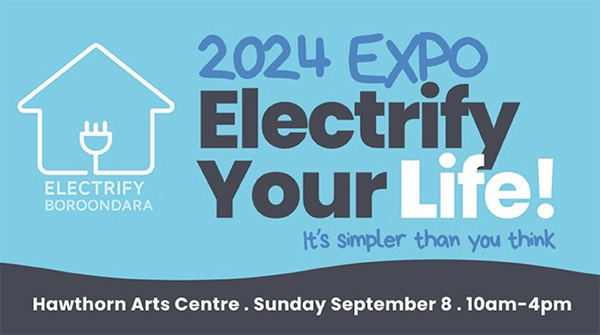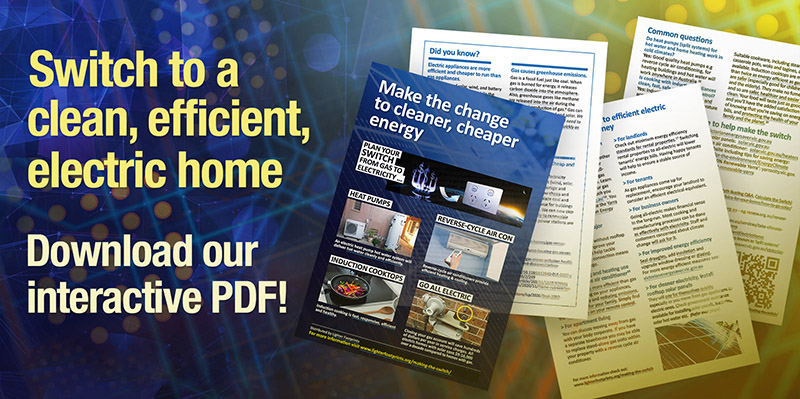
Electrify Boroondara Expo – Sun 8 Sep
Expo 24 Electrify your life! – It’s simpler than you think
Get ready to transform your home and lifestyle through electrification at Expo 24 – your ultimate destination to learn, explore, and be inspired to make the switch to an electrified future.
- Speak directly with over 50 stall holders about induction cooking, heating and cooling, insulation etc
- View live induction cooking demonstrations and EV and ebike showcases
- Listen to insightful panel discussions with experts
- Participate in family friendly activities
- Visit the Ask me Anything Hub for one-on-one chat with experts and local residents.
Electrify Boroondara – let’s electrify our homes
Electrify Boroondara is an exciting new project that has its genesis in the City of Boroondara’s Climate Action Plan and the movement towards electrification and away from fossil gas. Electrify Boroondara is a community led project being conducted by an alliance of local community groups, including Lighter Footprints. Working together, we will help our community make the transition to cleaner, safer, more efficient electric homes.
If you are interested in volunteering to help make this project a community wide success, please tick the second check box on our Take Action page.
Why transition away from gas and go electric?
Electric homes are cheaper, safer and better for the climate!
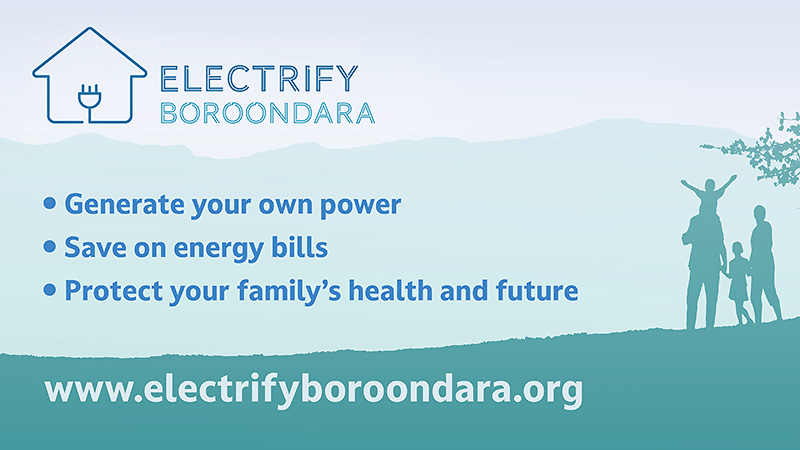
Visit the Electrify Boroondara website here
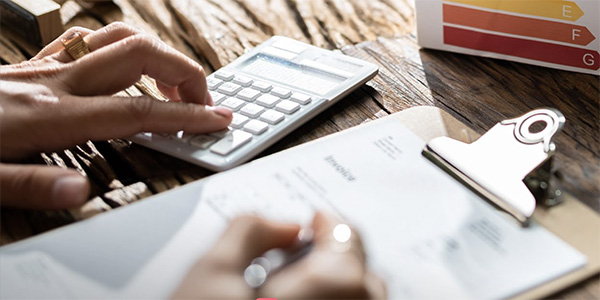
Electric homes save on energy bills
Moving to electric appliances and cars will save every home money
- Australian households are “trapped in a vicious cycle of escalating gas bills” – moving electric would save Victorians around $1,000/yr but needs government support (Climate Council report).
- A fully electric home saves over $1000/yr on energy bills or double that with solar panels according to the State Government of Victoria.
- Replacing your gas hot water system with an electric heat pump has lower running costs, reduces your energy bills and leads to significant savings in household emissions.
- A fully electric houshold with solar PV and EV will save around $5000 per year before 2030 – more at Rewiring Australia
- Check out this fantastic energy efficiency website for great ideas on how to improve the comfort of your home and save money.
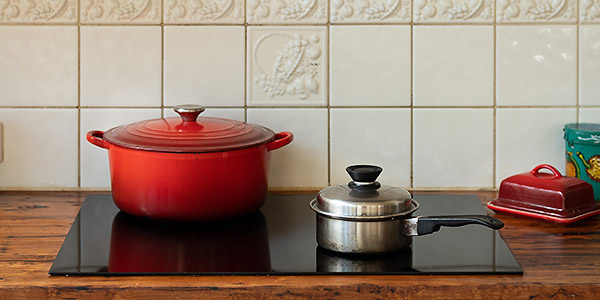
Electric homes are safer for our families
Transitioning away from gas protects our health
- Reverse cycle air conditioning for heating (and cooling) is safer than ducted gas heating, improves air quality and saves hundreds of dollars per year in running costs.
- A University of Queensland study found that gas cooking causes 12% of childhood asthma.
- A new US study found that gas cooking causes one in eight cases of asthma in children, and that gas stoves emit toxic chemicals and carcinogens.
- Household gas, especially gas cooking, increases indoor pollutants which harm our health (RMI report).
- Kids living in households with gas cooktops have a comparable risk of asthma to a child living with household cigarette smoke.
More about household gas health impacts
Household gas, particularly gas cooking, harms our health, particularly children
- Household gas harms our health, including our respiratory and neurological systems.
- Asthma Australia is informing parents about the risks of gas cooking.
- “Cooking with gas releases chemicals such as nitrogen dioxide and formaldehyde, which causes inflammation in the airways and exacerbates asthma.” – University of Queensland study
- Gas cooking has also been linked to cardiovascular impacts through long-term low level CO exposures. The EPA states that long-term NO2 exposure is associated with “cardiovascular effects, diabetes, poorer birth outcomes, premature mortality, and cancer.”
- The Rocky Mountain Institute found that elevated NO2 levels from gas cooking are associated with cardiac and respiratory health impacts including asthma, and learning difficulties, and the effects of gas cooking impacted children more.
- An epidemiological meta-analysis found that “children living in a home with gas cooking have a 42% increased risk of having current asthma, a 24% increased risk of lifetime asthma”.
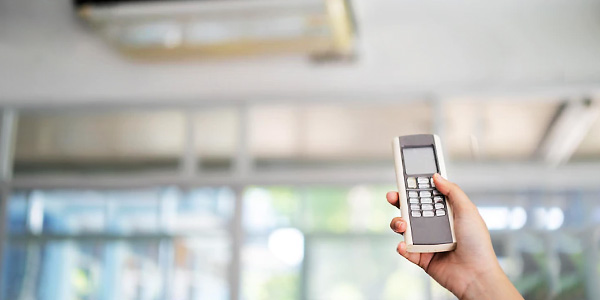
Going electric is good for our climate
Electric homes save on carbon pollution and protect our future
- Science-based climate targets are at least 75% reduction by 2030
- ‘Natural’ (household) gas is a fossil fuel that releases greenhouse gas emissions.
- Gas (mostly methane) creates a huge fraction (17%) of Victoria’s emissions. 70% of gas used in Victoria is for space heating and hot water.
- Switching to efficient electric appliances for heating will lower the cost of energy bills for business and households.
Making the switch to clean electricity is a worthwhile contribution to a safer planet and a more sustainable future.
Electrify Boroondara: a local climate initiative for cleaner, safer energy
The Electrify Boroondara campaign will encourage and support the local community to reduce its emissions by:
- Increasing the uptake of rooftop solar and batteries
- Reducing the use of fossil gas by transitioning to electric appliances
- Increasing the uptake of electric vehicles
- Improving the energy efficiency of existing housing stock, apartments and buildings
Electrify Boroondara: “electrify everything”!
There are three key reasons why electrification is the sensible path to net zero – making our own clean energy, more efficient appliances and a cleaner grid.
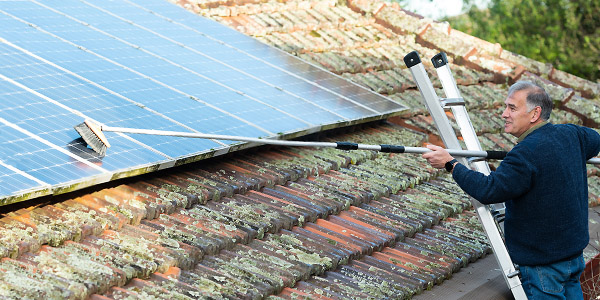
Making our own clean energy
Generating our own power through installing solar panels will increase household resilience and energy independence, and save around $2000 per year on energy bills when coupled with electric appliances. Detailed government analysis here.
Major electric loads can be shifted to daytime to take advantage of lower cost clean energy, reducing emissions and stress on the grid.
Installing batteries – storing clean energy at home – also reduces the load on the grid.
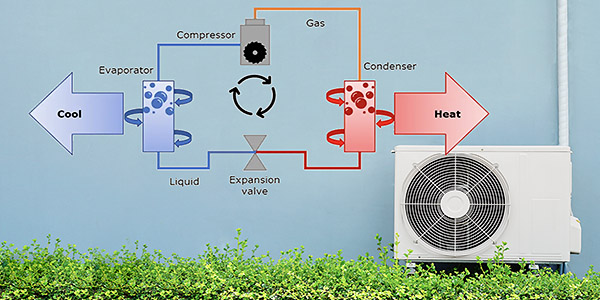
Renewables and electric appliances are more efficient
Electric heat pumps for hot water and reverse cycle air conditioners are very efficient. Heat humps have 400-500% efficiency compared to 80% with gas appliances.
Rewiring Australia notes that for home heating, heat pumps return 3.8 units of energy for every 1 unit used, compared to 0.75 for gas heating.
As Saul Griffith points out in his book The Big Switch:
“Making electricity with wind, solar and hydroelectricity takes one third of the energy of making electricity with fossil fuels, which waste two thirds of their energy content.”
More from Saul Griffith
Saul Griffith’s The Big Switch offers a comprehensive plan to move to electric homes and transport, saving households up to $5000/yr by 2030.
Electric appliances use much less energy:
- “For low-temperature heat like domestic hot water and space heating, a heat pump needs only one third to one quarter of the energy of heating the same thing with fossil fuels.”
- “An electric vehicle, regardless of size or type, will use about one third as much energy as a fossil-fuel vehicle”.
- “For high-temperature, induction heating needs only half to three quarters of the energy that would be required using fossil fuels.”
Saul Griffith is an Australian-American inventor, entrepreneur and MacArthur genius award recipient.
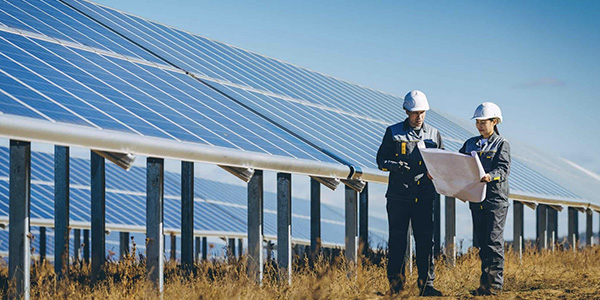
Victoria is cleaning up its grid
The Victorian electricity grid is decarbonising. The government plans that 65% of our electricity will come from renewables by 2030 and 95% of our power will be generated by renewables by 2035.
Victoria’s accelerated renewable energy transition rests on earlier closures of coal-fired power stations – with announcements of Yallourn in 2028 and Loy Yang A in 2035, however other measures such as and earlier closure of Loy Yang B and reduced household and industrial gas usage will be needed to meet Victoria’s decarbonisation targets.
The Federal government took an 82% renewables by 2030 target to the 2022 election.
Boroondara’s Climate Action Plan sets out ambitious targets!
Tbe Climate Action Plan’s community-wide aspirational targets include:
-
60% emissions reduction by 2030 and carbon neutrality by 2035
-
50,000 kW additional solar by 2030 (this is triple the solar installed as at 2021)
- 3,000 annual participants in education / sustainability workshops
Achieving these targets will require substantial community engagement – the Electrify Boroondara project will accelerate our clean energy transition.
We plan to take the electrification message to our shopping centres, libraries, schools, sporting clubs and workplaces. We want to supercharge our community engagement and are looking for creative ways to achieve cut-through. Bringing the whole community with us is the only way to achieve the emissions reductions we need.
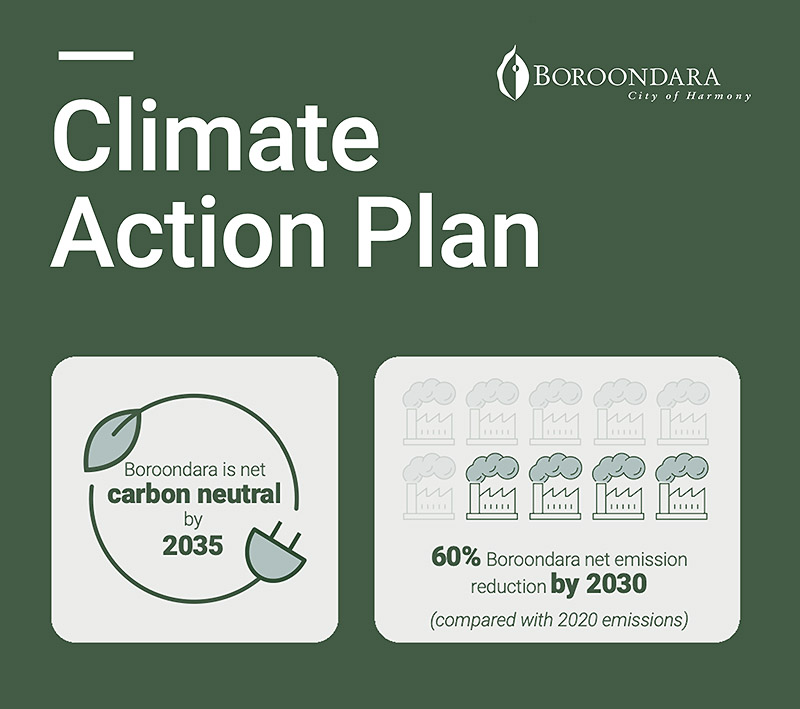
Want to learn more about clean, efficient electric homes?
Information from Lighter Footprints:
- Check out our entertaining short video on going electric with home energy expert Tim Forcey or pick up a copy of his new handbook here, full of tips on the electrification process, including solar PV.
- Video short on draught proofing with Charlie Phillips, Earthworker Smart Energy, and insulation DIY/Pro with Maurice Beinat, EcoMaster
- Webinar on solar and heat pumps from Lachlan Hensey MCPH via YEF
- Solar information page and blog on benefits of solar
- Household gas is seriously bad for our health – short video from Dr Genevieve Cowie, DEA
- Download our Making the Switch brochure with handy links to buyer’s guides, articles and case studies here.
- Check out our Making the Switch information page here.
It’s time for Boroondara to go electric!
If you are interested in helping out please tick the second check box on our Take Action page.
Lighter Footprints is supporting Electrify Boroondara – cleaner, safer energy for powerful local climate action.
More information from Electrify Boroondara
- Visit the Electrify Boroondara website here.
- Solar information page
- How to get started on your electrification journey resource with useful links
- Electrification information master page leading to info pages on heat pump hot water, induction cooking, EVs, e-bikes, batteries, energy efficiency and more
- Going electric slideset with detailed information and justifying links – all you need to know on electric appliances, saving money on energy bills, saving carbon and why gas is seriously bad for your health.
Sign up to our newsletter
to receive news and updates about effective local climate action

